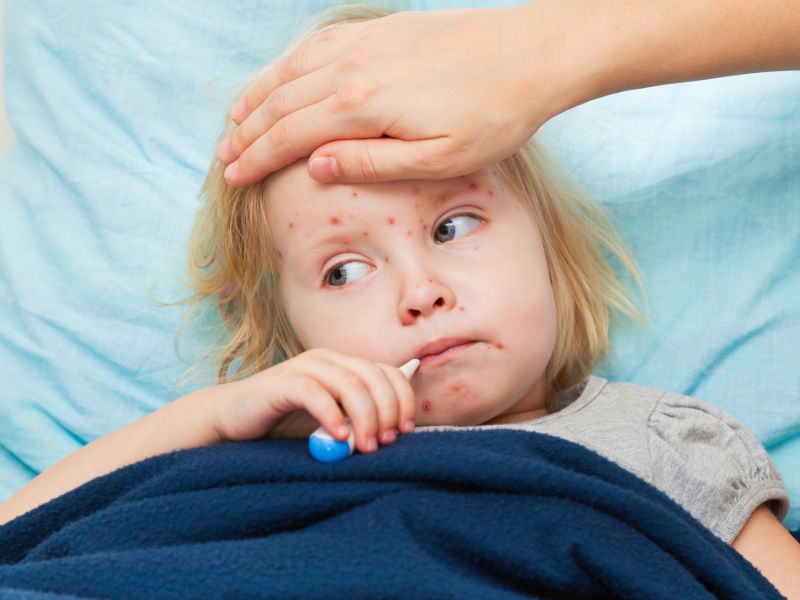
Treating men with low-risk prostate cancer with just one high dose of radiation may be safe and effective, British researchers report. Therapy for prostate cancer typically involves low-dose radiation given over several days or weeks. Conversely, high-dose radiation is given once through a set of tiny tubes inserted directly into the tumor. “For low-risk patients,… read on >

















